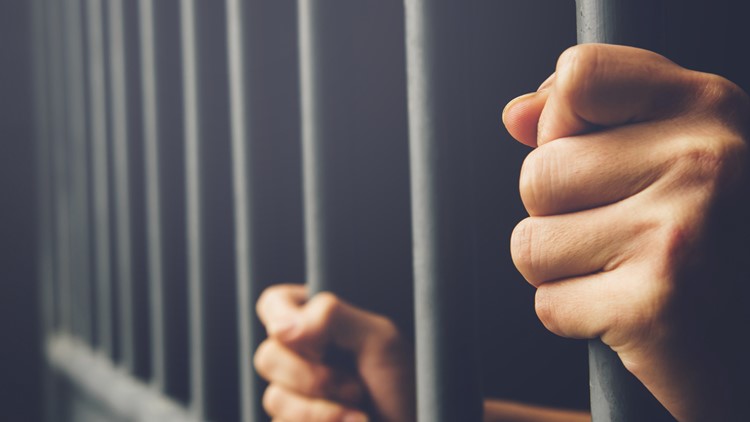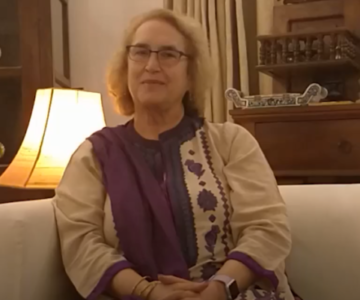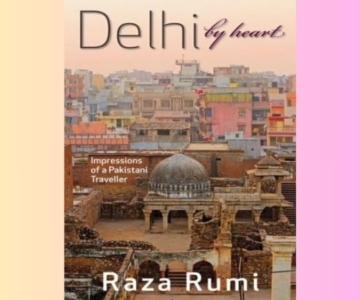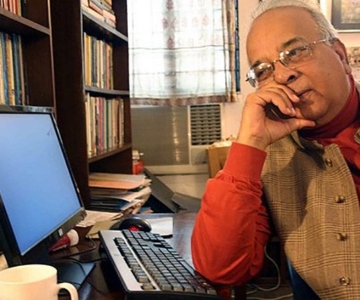I was introduced to Mahvish Khan’s daring work by Irfan. Her close work at the infamous Guantanamo Bay is remarkable for the insights and reversal of the dehumanisation that was until recently sanctioned by the state and corporate media.. An excerpt from her promising books – MY GUANT’NAMO DIARY: The Detainees and the Stories They Told Me – is avaialble at her website. I am also posting a little introduction after the excerpt:
Who exactly has America detained all these years at Guantanamo? The Worst of the Worst? Or the Wretched of the Earth?” From My Guantanamo Diary
It’s easy to mistreat something called No. 1154. It’s easy to shave its beard, to kick it around like an object, to spit on it, torture it, or make it cry. It’s harder to dole out such abuse when No. 1154 retains its identity: Dr. Ali Shah Mousovi, a pediatrician who fled the Taliban, worked for the United Nations encouraging Afghans to participate and vote in the new democracy. It’s harder to hate No. 1154 when you realize that he’s more like you than he is different. His wife, an economist by profession, waits month after month, year after year for the news that her husband is coming home; his two sons and young daughter grow up without him.
The numbers denied the humanity of those assigned to them:….
It’s easy to skim over the numbers. And there are hundreds like them.”
Mahvish Rukhsana Khan is an American lawyer, born to immigrant Pashtun parents in Michigan. While persuing a law degree at the University of Miami, she became enraged by the illegal detainment of prisoners at Guantanamo Bay. Having grown up listening to her mother tell her “Now is not the time to be complacent,” Khan felt compelled to help any way she could. With her fluency in Pashto and a familiarity with Afghan cultures and customs that no other “habeas” lawyer with security clearance had, she was quickly taken on as an interpreter for Afghan detainees. Six months later, in January 2006, Khan was on her way to Guantanamo Bay. Her role with the detainees quickly developed. She began providing supervised legal counsel and traveled to Afghanistan to find exonerating evidence for prisoners.
During more than thirty trips to Guantanamo, Khan unexpectedly connected with the very men that Donald Rumsfeld called “the worst of the worst.” She brought them starbucks chai, the closest available drink to the kind of tea they would drink at home. And they quickly befriended her, offering fatherly advice as well as a uniquely personal insight into their plight, and that of their families thousands of miles away. As time went by Khan began to question whether Guantanamo truly held America’s most dangerous enemies. But regardless of each prisoner’s innocence or guilt, she was determined to preserve their most fundamental right, the right to a fair trial.
For Mahvish Rukhsana Khan, the experience was a validation of her Afghan heritage-as well as her American Freedoms, which allowed her to intervene at Guantanamo purely out of her sense that it was the right thing to do. Her story is challenging, brave, and essential test of who she is-and who we are.
Mahvish Rukhsana Khan is a recent law school graduate and journalist. She has been published in the Wall Street Journal, New York Times, the Washington Post, and other media. She lives in San Diego.




